Les alliés
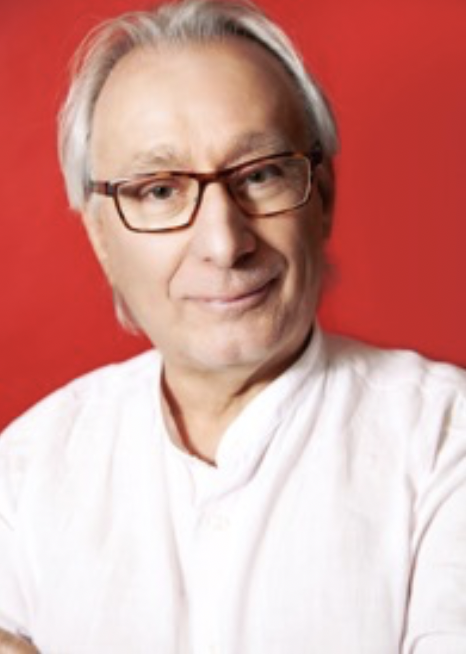
Denis Bellemare
Denis Bellemare is an associate professor at Université du Québec à Chicoutimi (UQAC), where he taught film. From 2008 to 2016, he directed several film-video projects for research projects by Design et culture matérielle and La Boîte Rouge VIF. He has worked with several Indigenous communities in Quebec and Brazil. In partnership with the First Nations Education Council, he developed the First Nations audiovisual production short program. His theoretical research examines the relation between film, identity and representation as produced images. He wonders about the connection between film and anthropology of Quebec and Indigenous films.

David Bernard, Abénaquis
With a degree in history, David is a research agent for the Waban-Aki Nation. His work involves collecting data among members of the Nation regarding territory and traditional knowledge, and processing and analyzing research data, all according to the protocols developed by the Research Office. He is also involved in updating and improving research protocols to oversee external projects associated to his community. He participates in the development of several projects regarding sustainable development and showcasing cultural resources, such as ash basketry work. David is also a professor of History of Indigenous Peoples at the Kiuna Institute.
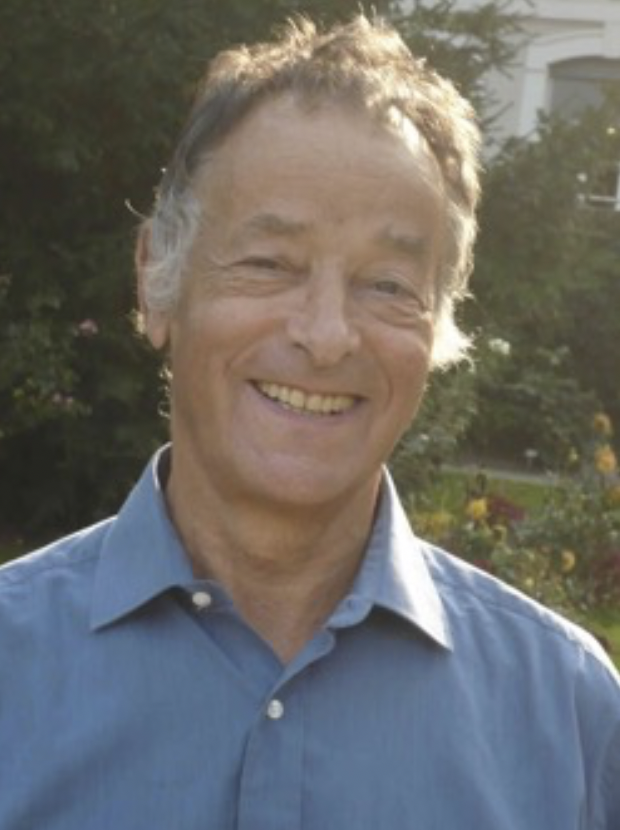
Jean Caune
Emeritus Professor at Stendhal University of Grenoble, Jean Caune holds a PhD in Aesthetics and Art Sciences, and a PhD in Communication Sciences. After studying chemical engineering, he became an actor and worked as a stage director and director of a cultural center. His work focuses on aesthetic practices as a process of cultural mediation. Mr. Caune is interested in cultural mediation that leads to constructing meaning, creating a sense of belonging to a group, and establishing a transcendent relationship of community members to their past and future.
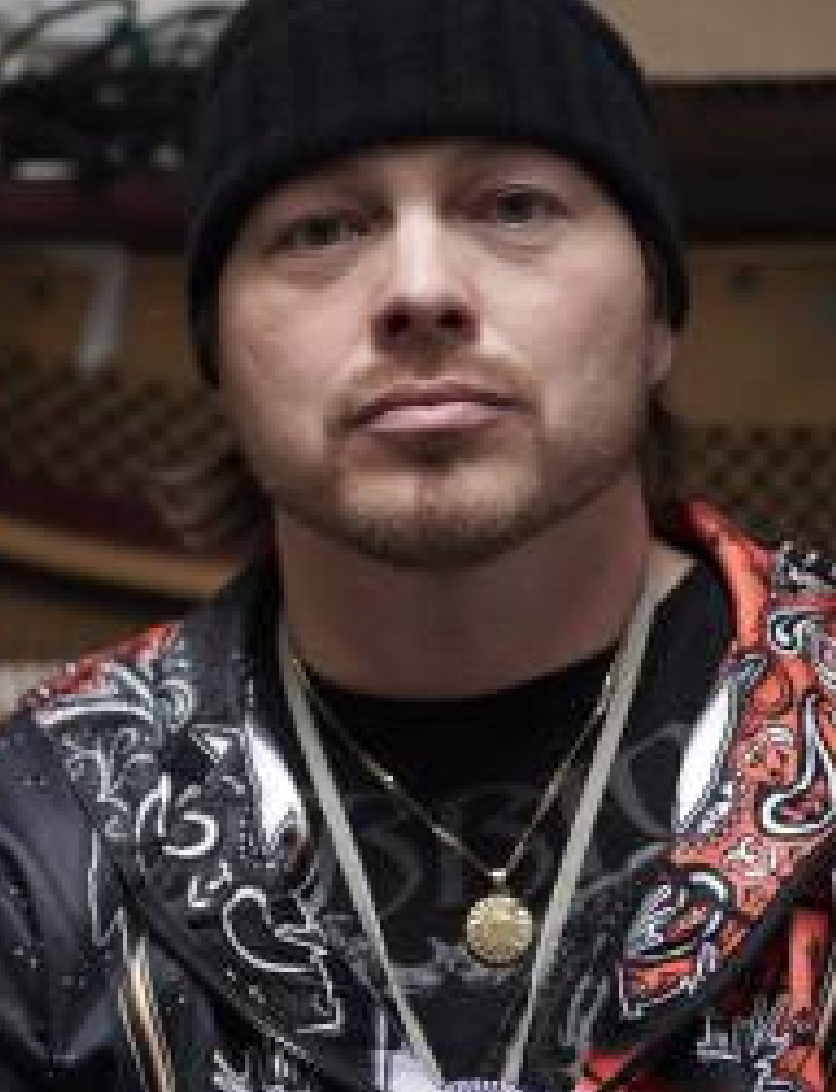
Quentin Condo, Mi’kmaq
Quentin is a member of the Mi'kmaq Nation of Gesgapegiag in the Gaspé Peninsula. As an artist and activist, Quentin uses his musical creations as a platform for messages of commitment geared towards the recognition of the rights of Indigenous peoples and their current claims. During his mandate as a council member of his community’s Band Council, he initiated several projects for the transmission of traditional Mi'kmaq know-how to young people. He actively participates in the management of the family business, an outfitter dedicated to salmon fishing on the Cascapedia River, an age-old practice of his nation. Sustainable development and respectful cultural tourism form the foundation of this venture.
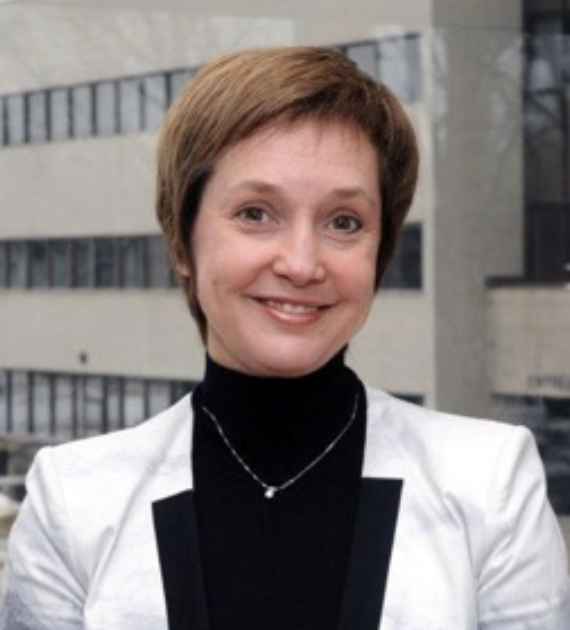
Christine Couture
Christine Couture is a professor in the Department of Education at Université du Québec à Chicoutimi. Her research focuses on teaching science and technology at the elementary level, as well as educational intervention in multi-age classrooms. Through a collaborative approach, she develops knowledge adapted to the practice setting by integrating a teachers' perspective in every stage of research. She is also the author of educational material, such as the workbooks and guides entitled Où est Stanley?, as well as the comic book and guide Tracer son chemin, developed within the framework of the Innu Meshkenu project entitled l’action concertée.
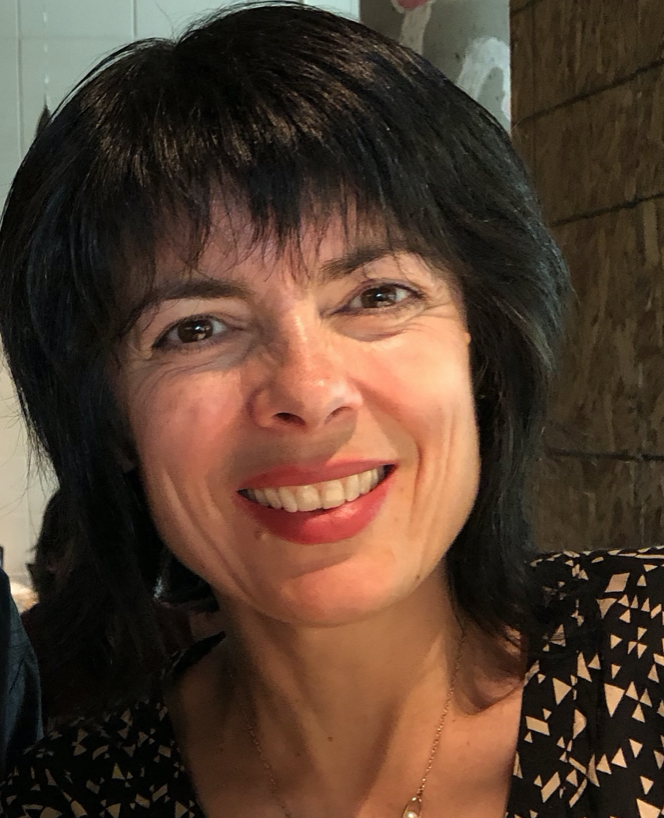
Caroline Desbiens
With a PhD from the University of British Columbia, Caroline Desbiens is a professor in the Department of Geography at Université Laval and holds the Canada Research Chair in Indigenous Heritage and Tourism. Her research focuses on the memories and meaning of places, intercultural relations and the development of territorial heritage in Northern Quebec, specifically in relation to resource development. Her current projects include a collaboration with the Innu communities of Lac Saint-Jean and the North Shore to document cultural sites affected by the construction of hydroelectric dams. She is also interested in toponymy, knowledge and practices of women, and the visibility of Indigenous people in the Quebec landscape, including urban areas. Ms. Desbiens was a visiting professor at the university of Bergamo (Italy, 2012, 2013 and 2014) and the university of Bordeaux (France, 2016).
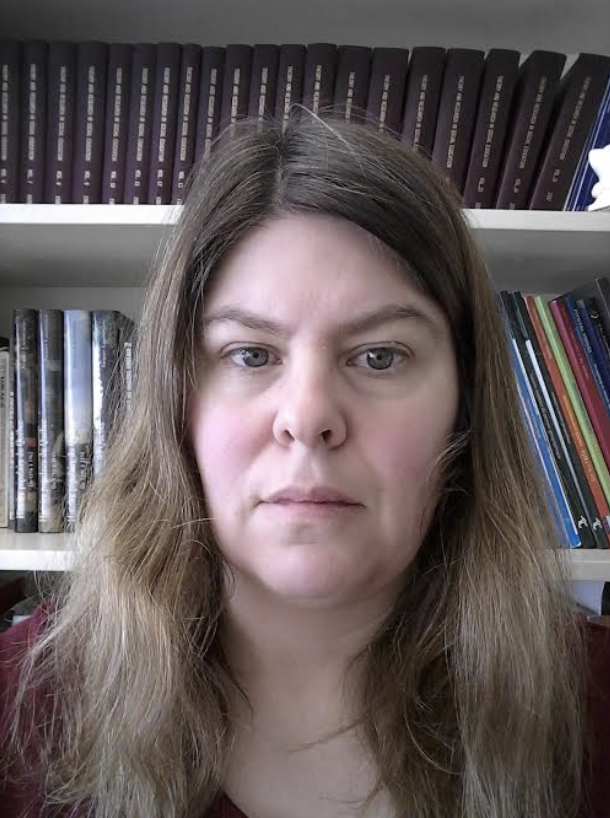
Catherine Duquette
Catherine Duquette is an associate professor of history didactics in the Department of Education at Université du Québec à Chicoutimi (UQAC). She is a member of the Centre de recherche interuniversitaire sur la formation et la profession enseignante (CRIFPE). She published several journal articles and book chapters on the integration of cultural knowledge in history and the role of assessment in teaching history in French and English. Her current research interests include models of progression in historical thinking, and the issue of assessment and decolonization within history and geography curricula. She was a member of the Ministry of Education advisory committee for the reform of the course History of Quebec and Canada. She teaches with Professor Carla Peck (University of Alberta) at the annual Historical Thinking Summer Institute organized by Professor Lindsay Gibson (University of British Columbia).
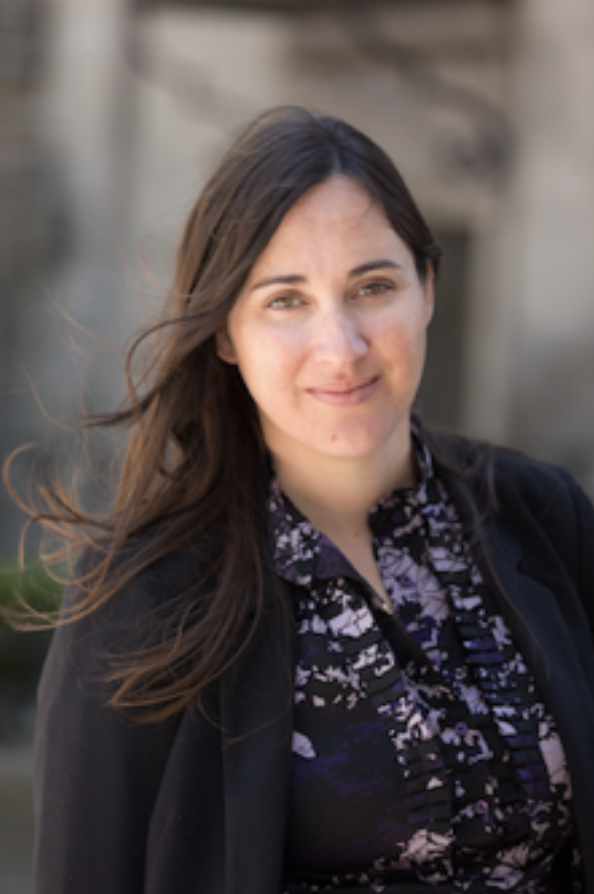
Jacinthe Dion
Jacinthe Dion, PhD, is a psychologist and a Full professor in the Department of Health Sciences at Université du Québec à Chicoutimi (UQAC) and co-holder of the UQAC-Cégep de Jonquière Research Chair on the living conditions, health, adaptation and aspirations of youth (La vie et la santé des jeunes - VISAJ). Her experience as a clinical psychologist working with children and teenagers has strongly influenced her desire to focus on the strengths and coping skills of youth and their families. Over the past few years, she has developed an expertise with regards to risk and protective factors related to coping skills and resilience of Indigenous Peoples. She has also developed collaborative approaches involving various partners and communities in the research process.

Marcelle Dubé
Marcelle Dubé is a professor in the Department of Humanities and Social Sciences at Université du Québec à Chicoutimi (UQAC). Her research focuses on democratic practices, the assessment of practices and policies, the dynamics of contemporary social mobilization (community movement and women's movement) and intergenerational experiences. Her interests in artistic practices and social intervention have led her to develop recent research on cultural mediation, social inclusion and diversity.
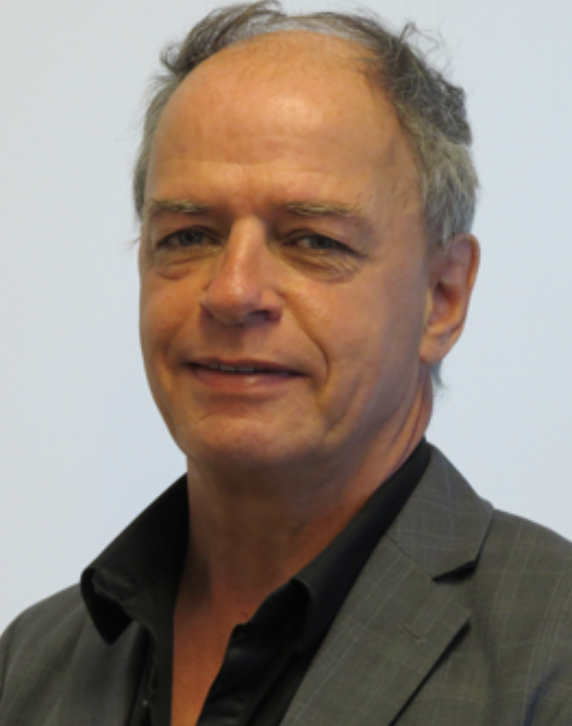
Roberto Gauthier
Roberto Gauthier is a professor-researcher associated to the Department of Educational Sciences at Université du Québec à Chicoutimi (UQAC). From 2015 to 2019, he served as director of the Centre d'études universitaires de l'est de la Côte-Nord, located in Sept-Îles. Appointed by the Minister of Education, Roberto represented the academic community on the Comité d'agrément des programmes de formation à l'enseignement (CAPFE) from 2014 to 2019. He co-edited the publication La formation des enseignants inuit et des Premières Nations : problématiques et pistes d'action, and is the lead author of the research paper used to develop the work entitled Guide d’intervention institutionnelle favorisant la persévérance et la réussite scolaires des étudiants autochtones au Cégep et à l’Université. He serves on the Pedagogical Council of the Centre des Permières Nations Nikanite (CPNN).

Laurent Jérôme
Professor of anthropology in the Department of Religious Studies at Université du Québec à Montréal (UQAM), Laurent Jérôme is interested in the politics of identity and culture in contemporary Indigenous environments through the themes of music, rituals, religious pluralism, healing and the transmission of knowledge. As a member of the Centre interuniversitaire d'études et de recherches autochtones (CIÉRA), he has written several articles on Indigenous youth, Amerindian cosmologies and the methodologies for decolonizing research. He published the book Jeunesses autochtones : affirmation, innovation et résistance dans les mondes contemporains (2009) and coordinated the thematic issue of the journal Anthropologie et Sociétés, entitled Vues de l'autre, voix de l'objet : matérialiser l'immatériel dans les musées (2014).
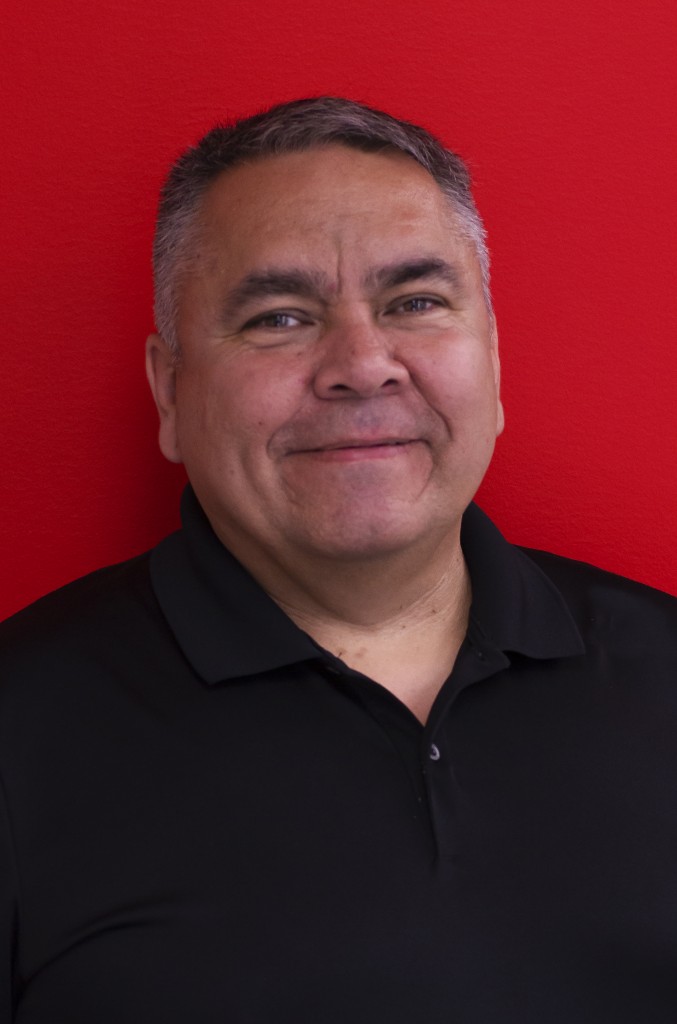
Manuel Kakwa Kurtness, Ilnu

Lisa Koperqualuk, Inuk
As member and co-founder of the Saturviit Inuit Women's Association of Nunavik, Lisa grew up with her grandparents, Lydia and Aisa Koperqualuk in Kuujjuaraapik. She also lived in Kangirsuk and Puvirnituq before completing her high school education in Ontario. She then studied Political Science at Concordia University. In 2002, she joined the Makivik Corporation as a communications officer and this work led her to travel the circumpolar world. In 2007, she undertook graduate studies in Anthropology at Université Laval. Her subject of study is the Inuit belief system and its influence on political decisions among the Inuit of Nunavik. She is currently the curator of Inuit art at the Montreal Museum of Fine Arts and actively involved in the International Inuit Circumpolar Council.
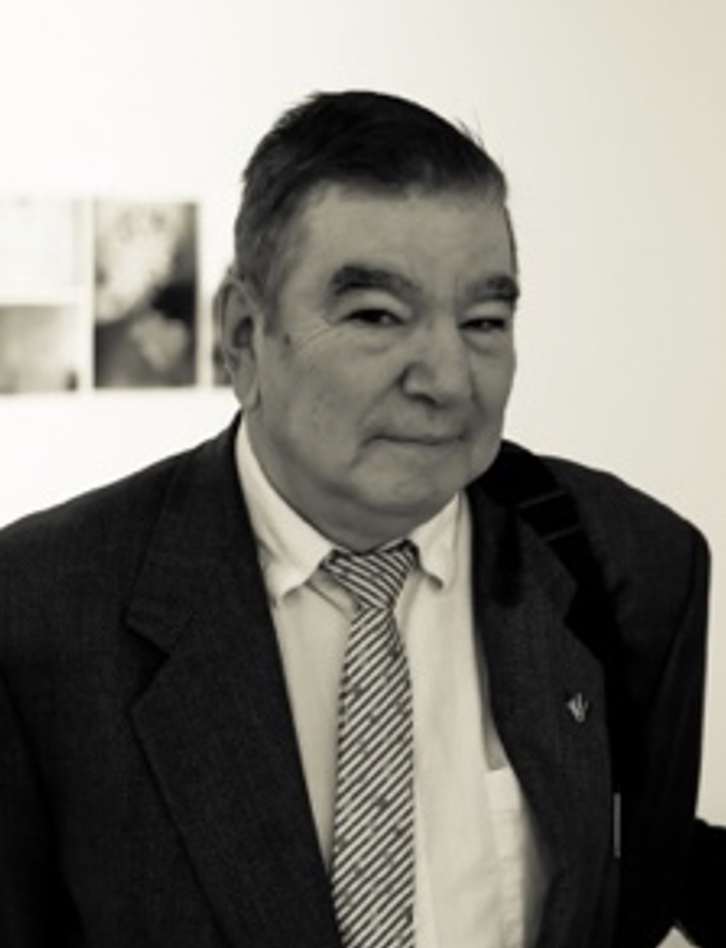
Jacques Kurtness, Ilnu
Jacques Kurtness, born in Mashteuiatsh, has a PhD in Social Psychology and is a specialist in acculturation processes, First Nations psychology and intracultural, intercultural and transcultural negotiations. He was a professor of psychology at UQAC from 1977 to 1997 and served as Regional Director for the Negotiation and Implementation of Agreements for the Department of Indigenous and Northern Affairs Canada. He also served as Chief Negotiator for the Mamuitun Tribal Council from 1995 to 1997. Since 2002, he has been involved in various academic research teams. His interests include governance, nationalism and education. He is a member of DIALOG and on the Board of Directors of Le Centre interuniversitaire d'études et de recherches autochtones (CIÉRA). For several years, he was the director of La Boîte Rouge VIF. He is still involved in promoting the specific nature of Indigenous thought, values and skills.
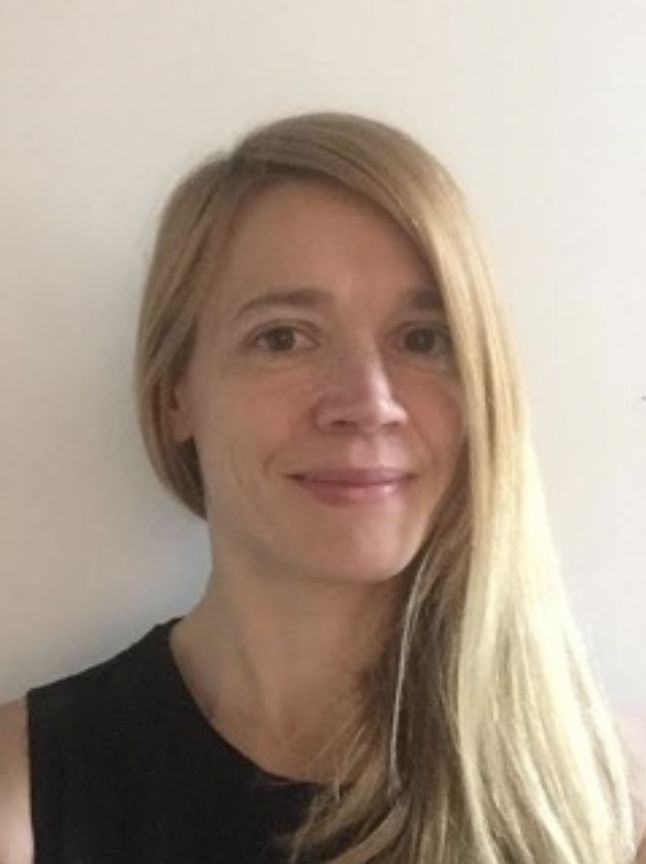
Anne Marchand
Professor of Industrial Design, Anne Marchand conducts participatory action-research and creation-research work on social innovation processes for the transmission and promotion of local knowledge and know-how. Through notable partnerships with First Nations People, she uses design methodologies to devise cultural and socio-economic development strategies by and for communities through the creation of contemporary products inspired by heritage. She has led several projects of creation and cultural transmission with the … community.
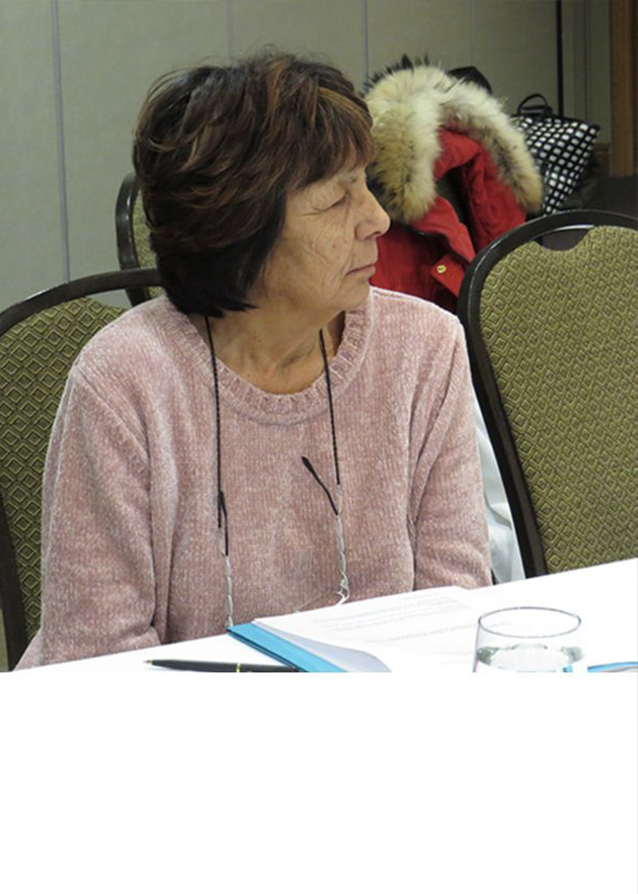
Marie-F. Raphaël, Innu
Marie-F. Raphaël, from the Innu community of Mashteuiatsh in Lac Saint-Jean, worked for many years in the fields of education and culture and is interested in ensuring the survival of identify though cultural transmission. She was one of the first Indigenous people to graduate in pedagogy at Université du Québec à Chicoutimi. After obtaining her Bachelor's degree in teaching, she taught in the Atikamekw community of Opitciwan and the Cree community of Mistissini. She then pursued her career on the North Shore, in Mani-Utenam, where she took on several responsibilities such as teacher, pedagogical advisor and principal of the Tshishteshinu School. She was one of the first Indigenous graduates to take on the leadership of a school. She then became director of the Musée amérindien de Mashteuiatsh and interim director of the Centre des Premières Nations Nikanite at UQAC.
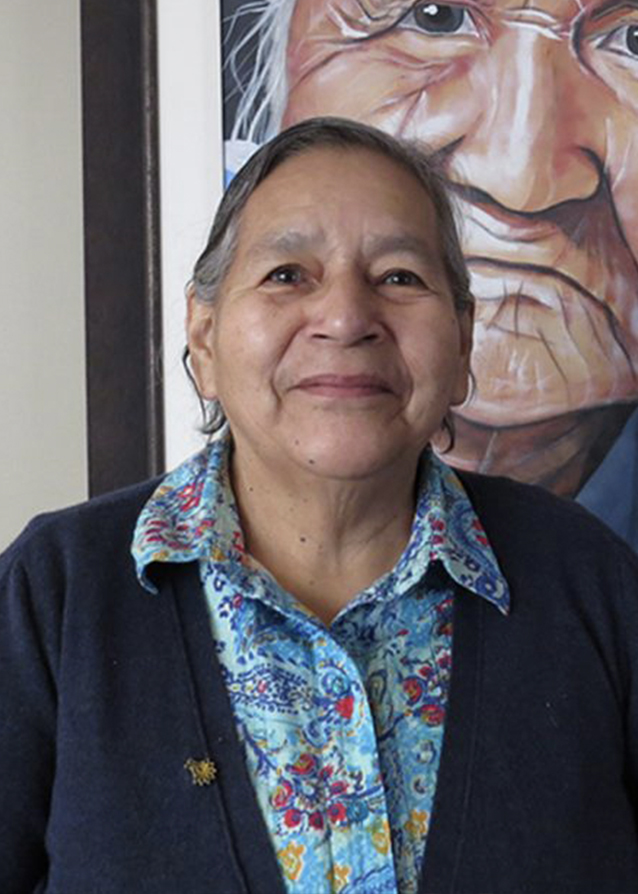
Évelyne St-Onge, Innu
As a member of the Mani-Utenam Innu Nation, Évelyne studied nursing in Montreal and led numerous actions regarding the protection of heritage in various settings: in the schools of her community, in various activities related to the Call to Action of the Truth and Reconciliation Commission as well as through the Quebec school network through the project “Sous le Shaputuan”, a travelling Innu culture awareness project that has reached nearly 50 000 students. She is one of the founding members of the Quebec Native Women Association (1974), the audio-visual production house Manitou and the group Uapashkuss. She is also involved in traditional teaching in a forest setting. She received an Honorary Doctorate from UQAM in 2015 for her unwavering commitment to the Indigenous cause.
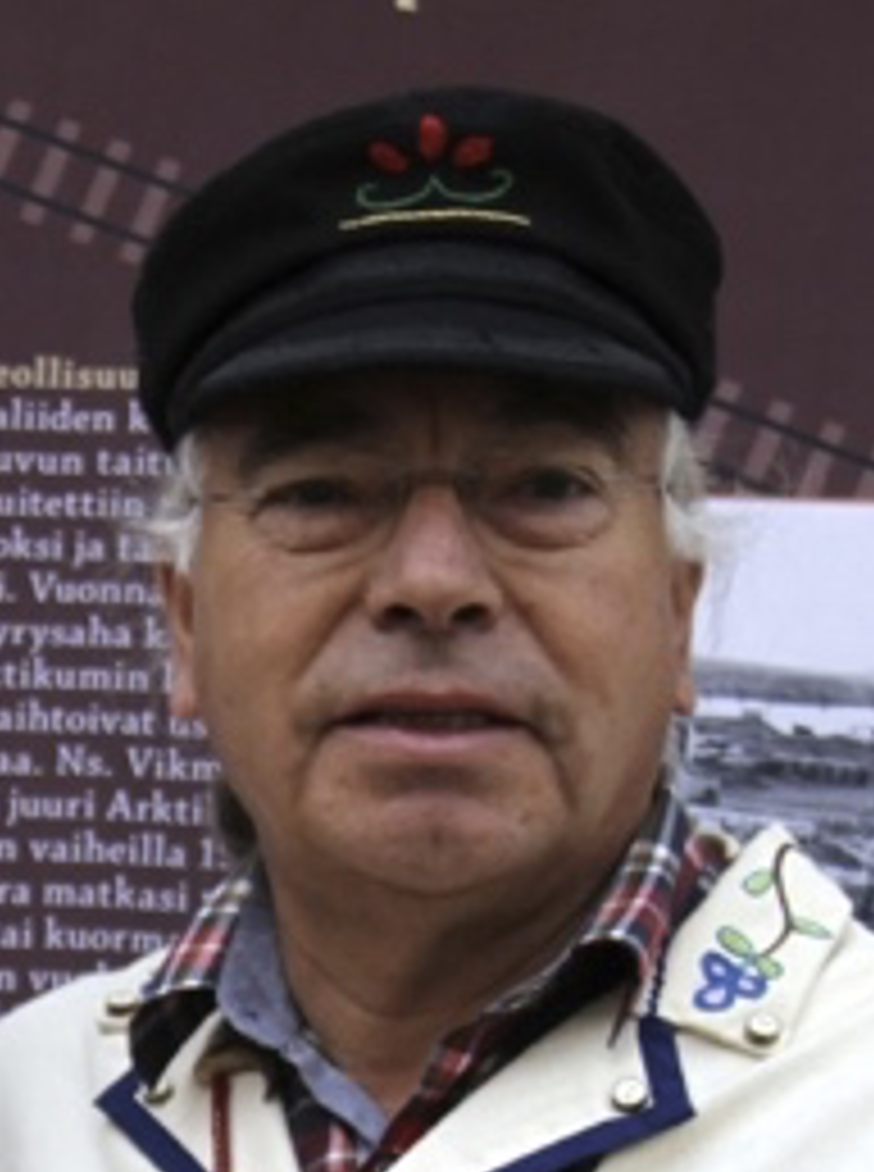
Lucien St-Onge, Innu
Lucien St-Onge led a successful career as an electrical contractor. Well-known among his community, he was one of the administrators of the business network corporation of the Innu communities. He is a spiritual guide whose reputation extends far beyond the limits of his Uashat mak Mani-Utenam community, leading him to travel across Canada to initiate various spiritual activities that promote the well-being of his community members. Many of these activities are carried out on territory. He is a founding member of Uapashkuss, a community group working to protect the sacred sites on the ancient nomadic route of his ancestors, between Uashat Mak Mani Utenam and Schefferville.
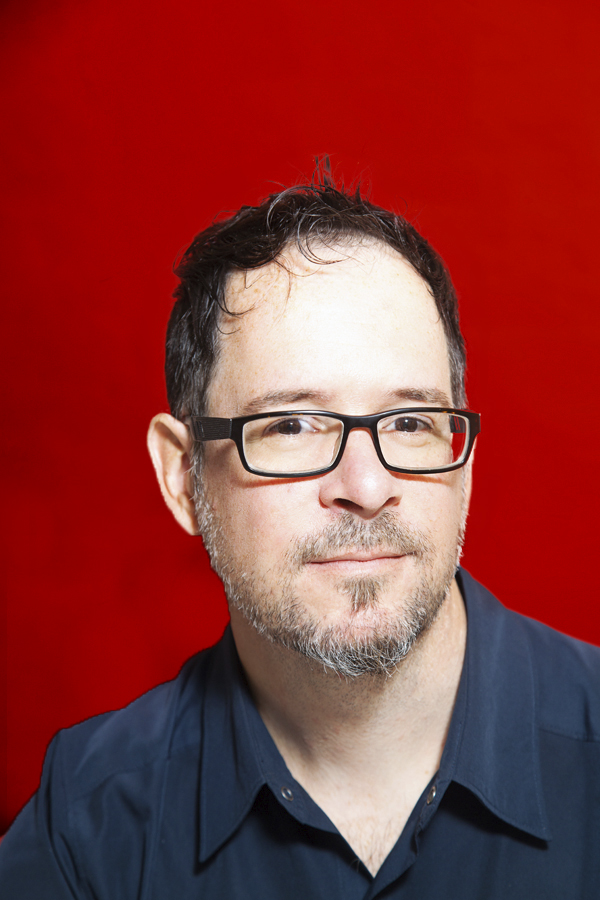
Jean-François Vachon
Director of research and project manager of web and interactive applications at La Boîte Rouge VIF since 2003, Jean-François teaches project management and creation processes and supports the development of innovative cultural transmission projects with Indigenous intergenerational groups. He oversees several projects relating to web and interactive applications, studies and consultations, and the creation of artistic and cultural expression products. From 2013 to 2016, he worked as a research assistant and then as a co-researcher for the research project Design et culture matérielle and as such, engaged in several visits of action-creation-research involving Guaraní communities in the state of Rio de Janeiro in Brazil.

Francis Verreault-Paul, Ilnu
Francis Verreault-Paul, native of Mashteuiatsh, has been Head of Relations with First Nations at UQAC since January 2020. He worked as a political advisor for Pekuakamiulnuatsh Takuhikan before joining the team at UQAC and the Centre des Premières Nations Nikanite (CPNN). Francis has a Bachelor of Science degree, with a major in Psychology from McGill University and an MBA from the University of Buckingham, in England. He is constantly concerned with promoting post-secondary education among First Nations and thus plays an important role in developing close relations with their communities and organizations in order to identify their needs in terms of student training, research and support; working in collaboration with the CPNN team.

Marie-Ève Vollant, Innu
Marie-Ève Vollant held the position of Director for the Cultural Sector at the Tshakapesh Institute, where she worked alongside a community team of cultural agents and facilitators and was involved in projects supporting Indigenous artists. Her function as director included participating in the development of a project called “Sous le Shaputuan”, regarding intercultural encounters between Quebecers and Indigenous People. This project was presented in schools, both in Indigneous communities and throughout Quebec to raise awareness of Innu culture. Since 2021, she is the Director of the Atikamekw Onikam Social Services of Manawan, in Mauricie.
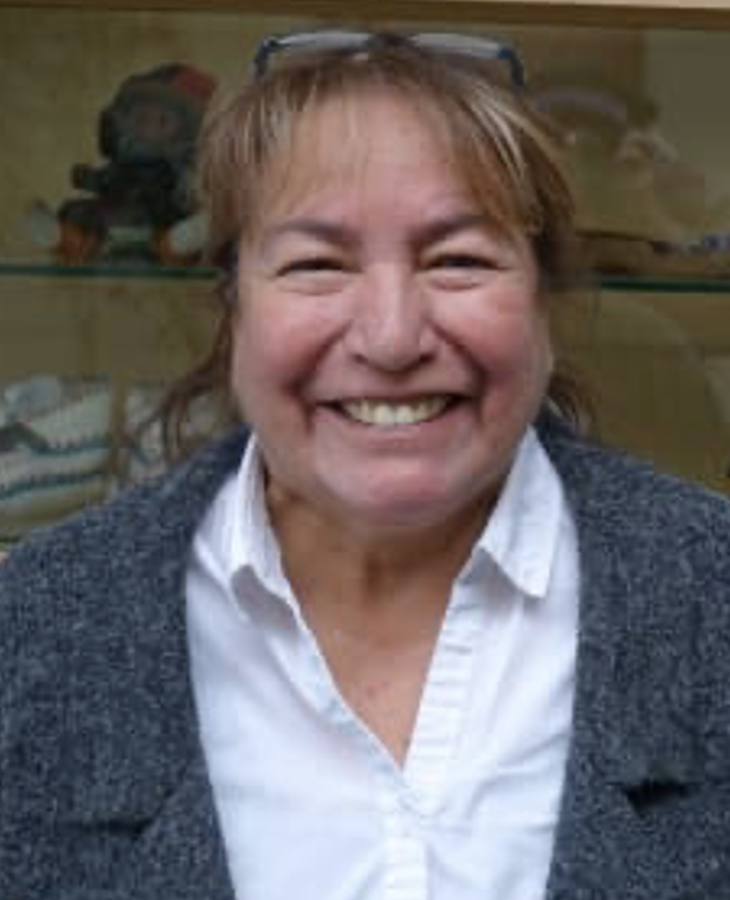
Gloria Vollant, Innu
Gloria has been working for many years for the Innu Takuaikan Uashat Mani-Utenam (ITUM) Research Office. She’s also serving as the Director of Shaputuan Museum, an Innu cultural transmission institution which is an important cultural facility in the heart of Uashat (Sept-Îles). She’s also heading a major research on territory, which has led her to take part in various projects of land negotiations for her community and has also led her to meet with the elders holding onto a profound knowledge of the territory. As part of her job, she strives to identify, document and pass on the knowledge associated with the Innu ancestral land.
